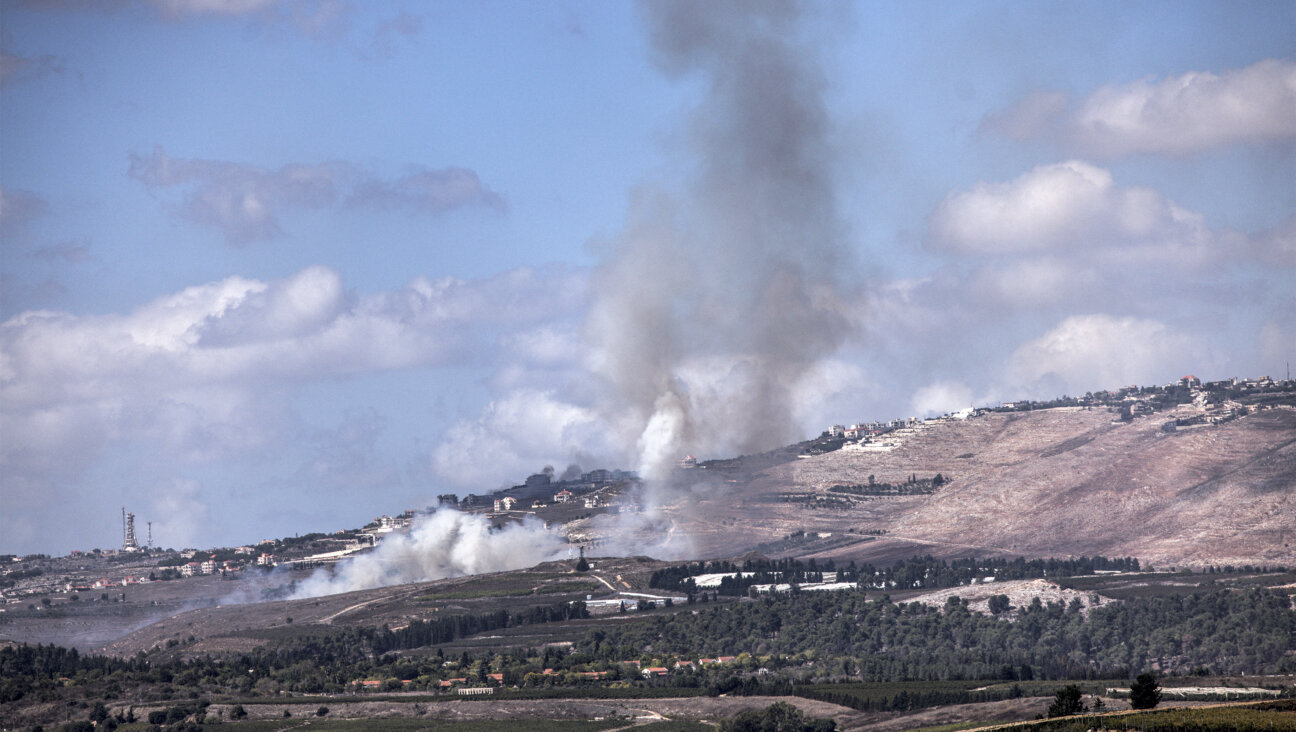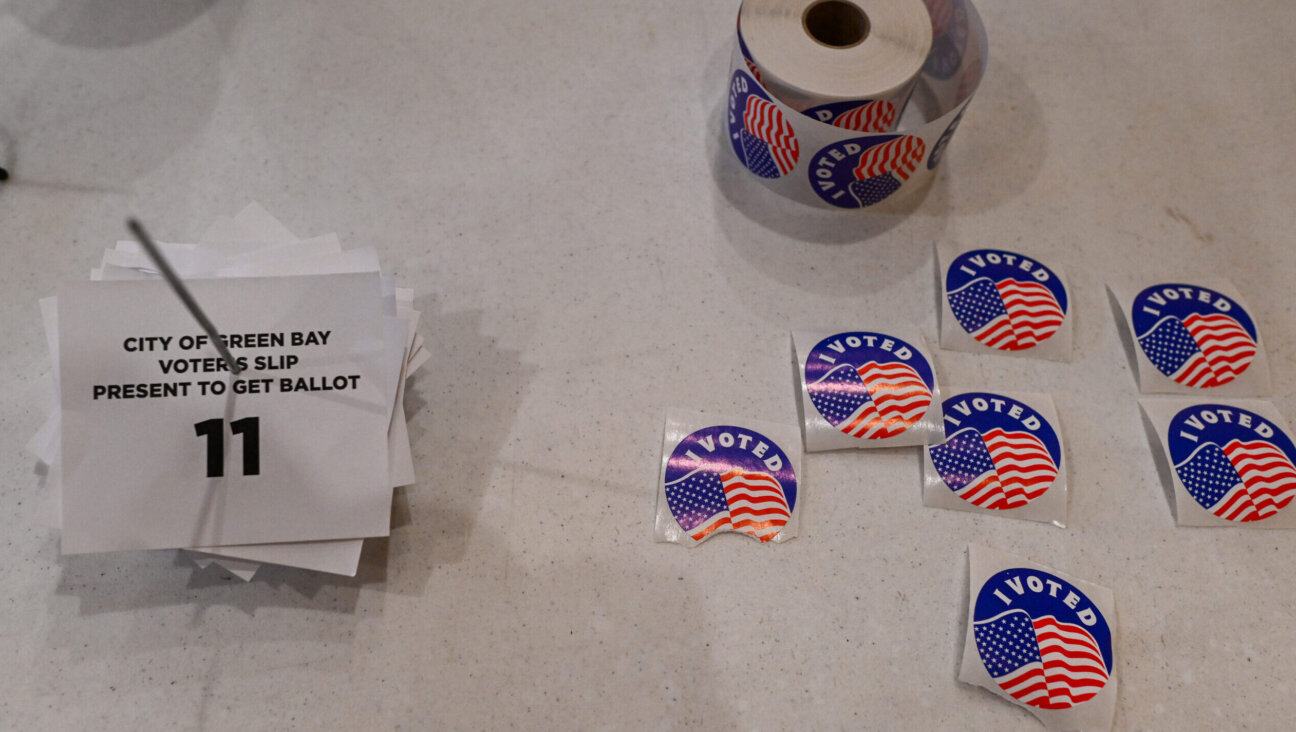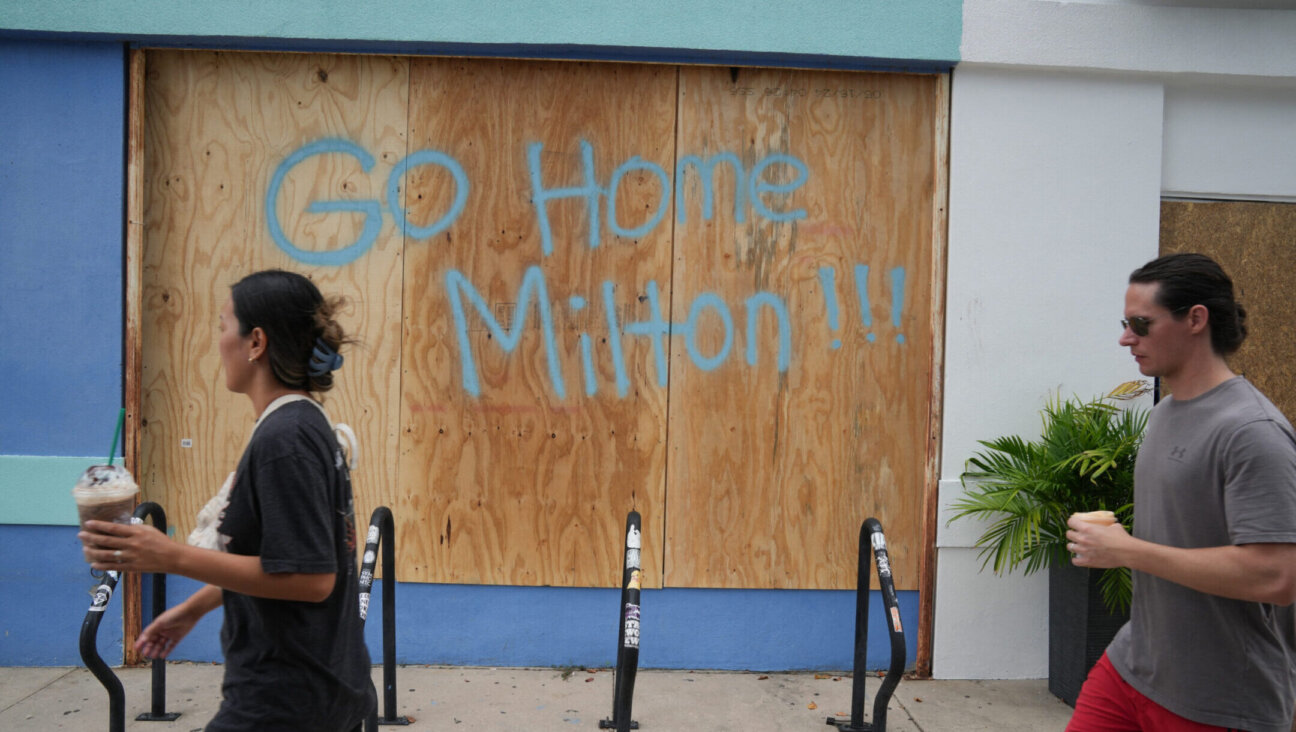Frontier Fighters
When Israeli sergeant Ben Kubani was killed in action on October 17 on the outskirts of the city of Khan Yunis in the southern Gaza Strip, the men responsible for his death came from a Hamas militia known as el-murabitun. This is Arabic for “the frontier fighters” — unless, that is, one is discussing medieval Spanish history, in which case the English translation of it is Almoravids, from Spanish Almoràvides. In short, it’s a word with a long and checkered history.
Who were the Almoravids? They were a religiously zealous Muslim army from Morocco, composed largely of Berber tribesmen, that crossed the Straits of Gibraltar in an invasion of southern Spain in 1086. This they did at the behest of the Muslim city-states of Andalusia, which were losing ground to the Christian north and were alarmed by the fall of Toledo in 1085. Within a few years, indeed, the invading Almoravids had pushed the Christians back to Toledo’s gates.
The Arabic word murabitun means literally “men of the ribat,” and a ribat was originally in the medieval Islamic world a frontier fort or outpost. Yet from early on the word also had a religious connotation, since Islamic mystics, or Sufis, as they are known, were attracted to such outposts as places in which to get away from the world and its distractions. The Almoravid sect’s founder, Abdullah Ibn Yassin, took this a step further and began to build such fort-like structures as retreats to which his followers could repair in order to lead a strict religious life. Eventually, these “men of the ribat” organized as a military force and gained control, first of Morocco, and then of all Andalusia.
Once they became Andalusia’s rulers, the Almoravids lost much of their religious fervor, and in the end they were deposed by a second wave of fanatical Berber invaders from Morocco, known in Spanish as the Almohàdes and in English as the Almohads. (The word comes from the Arabic el-muwahiddun, “the upholders of the divine unity.”) Concomitantly, the word ribat came to denote in Morocco and elswhere a Sufi lodge or brotherhood, while a maribut — domesticized in English as marabout — became a term, initially for a Muslim saint or holy man, and later on, for such a saint’s tomb. Pilgrimmages to marabouts still play an important role in North African religious culture.
The Almoravids were more or less forgotten, but the word murabitun continued to be used in Islam for religious warriors fighting the infidel, and was given new currency in the twentieth century as a name for Muslim fighting forces and jihadist groups. The first to adopt it was a militia that fought in the Lebanese civil war of the 1970s under the command of the Sunni leader Ibrahim Kuleilat. Kuleilat’s Murabitun were eventually disbanded in the 1980s after he fled to Libya, but a new armed organization bearing the same name sprang up in the year 2000 as part of the attempt of pro-Syrian elements in Lebanon to mobilize the Sunni community against the anti-Syrian policies of the country’s Sunni president Rafik Hariri, assassinated by the Syrians in 2005.
Meanwhile, in 1981, the name Murabitun was also taken by a second Muslim group founded by a shadowy Scotsman named Ian Dallas. Dallas, a former bit playwright and actor who once had a minor part in a Fellini movie, converted to Islam in the 1970s after studying with a Sufi master in Morocco, took the Arabic name of Abdelkader es-Sufi el-Murabit, and settled in the south of Spain. There he established his own Murabitun, also known as La Sociedad para el Retorno del Islam a Al Andalus, The Society For The Return of Islam To Andalusia. This society, today centered in Granada, is said rather improbably to combine Sufi and neo-Nazi elements in its ideology. It has also extended its recruiting efforts to Latin America.
The name Murabitun thus had a long history before being chosen in 2002 by Hamas for the armed squads that it began to organize on the outskirts of cities and refugee camps in the Gaza Strip to resist Israeli incursions. These squads, which played a key role in the Hamas takeover of the Gaza Strip last June, typically have a network of lookouts who report back to command posts whenever Israeli troops are spotted, at which point units of fighters are sent to ambush the invaders. It was in such an action that Sergeant Kubani was killed.
The use of old or archaic-sounding names (think of an American organization like the extreme right-wing Minutemen or of a fraternal order like the Knights Pythias) is a common way of invoking the authority of the past and seeking the legitimacy of its mantel. And this is even truer of today’s Muslim fundamentalists, who over and over press ancient Islamic terminology into the service of contemporary militancy. Hamas’s Murabitun are an excellent example.
A message from our CEO & publisher Rachel Fishman Feddersen

I hope you appreciated this article. Before you move on, I wanted to ask you to support the Forward’s award-winning journalism during our High Holiday Monthly Donor Drive.
If you’ve turned to the Forward in the past 12 months to better understand the world around you, we hope you will support us with a gift now. Your support has a direct impact, giving us the resources we need to report from Israel and around the U.S., across college campuses, and wherever there is news of importance to American Jews.
Make a monthly or one-time gift and support Jewish journalism throughout 5785. The first six months of your monthly gift will be matched for twice the investment in independent Jewish journalism.
— Rachel Fishman Feddersen, Publisher and CEO























